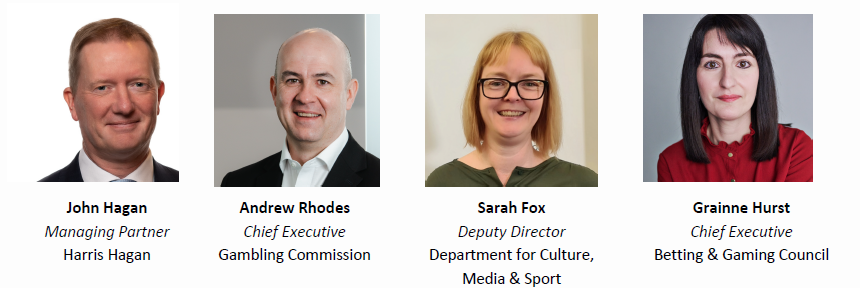Chambers Gaming Law 2024 Global Practice Guide
We are pleased to announce that Bahar Alaeddini has resumed her role as Contributing Editor to the Chambers Global Practice Guide for Gaming Law 2024, and Jessica Wilson has again contributed as a co-author. The latest edition of the Gaming Law 2024 guide is now live and provides an overview of the licensing and regulatory regimes in 38 jurisdictions, including many of the major global jurisdictions. The UK chapter is available below.
Gaming Law 2024 is a helpful guide to lawyers, gambling businesses and others in the industry. It provides legal information on a range of topics, including: land-based and online gambling; B2C and B2B licences; application requirements; affiliates; white labels; responsible gambling; AML legislation; restrictions on advertising; acquisitions and changes of control; trends in social gaming, esports, fantasy sports and blockchain; and taxation.
Harris Hagan contributed to the following parts of the publication:
The Trends and Developments section highlights key trends in each jurisdiction, and the practice guide also provides users with the opportunity to perform jurisdiction comparisons using the Compare locations tool.
